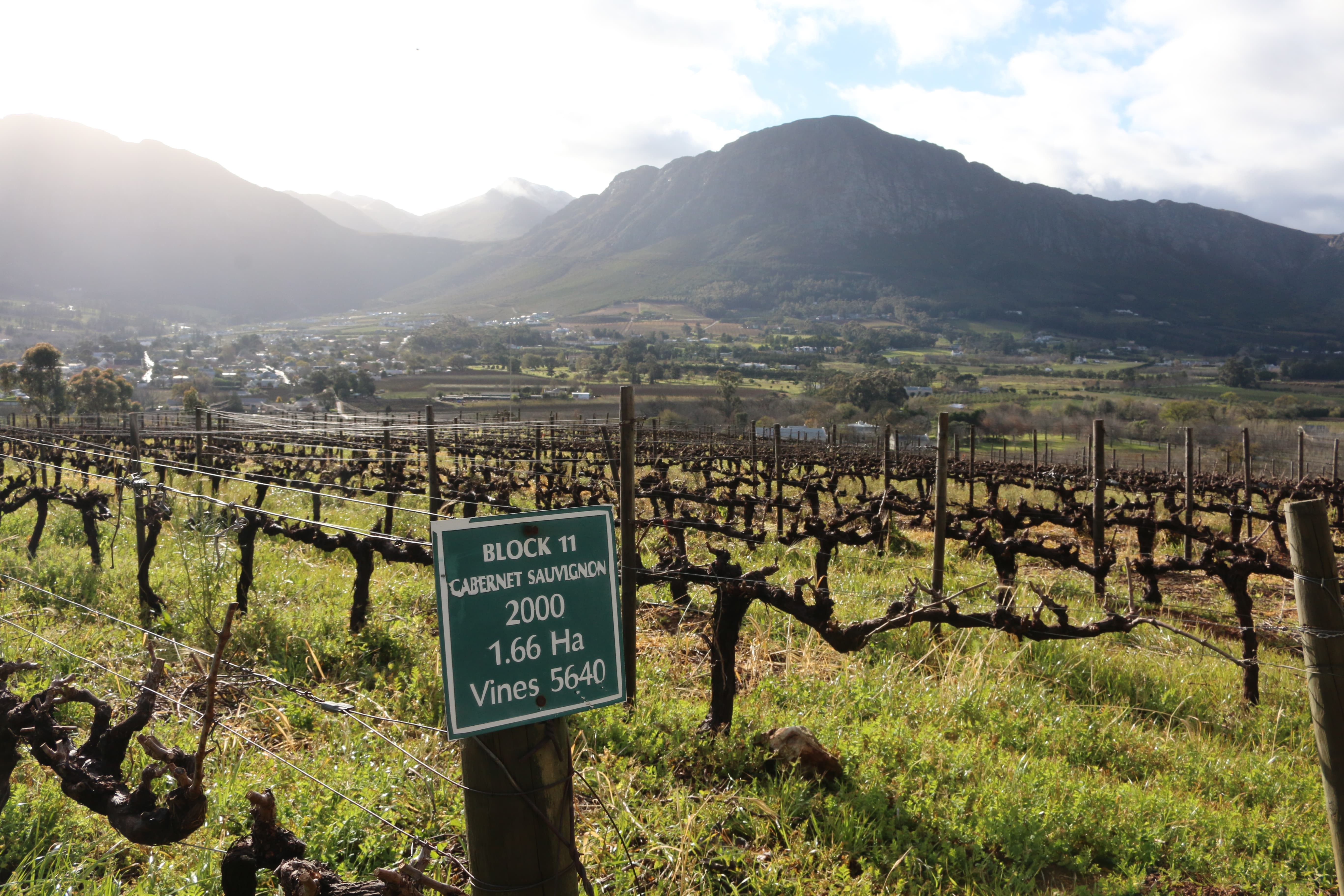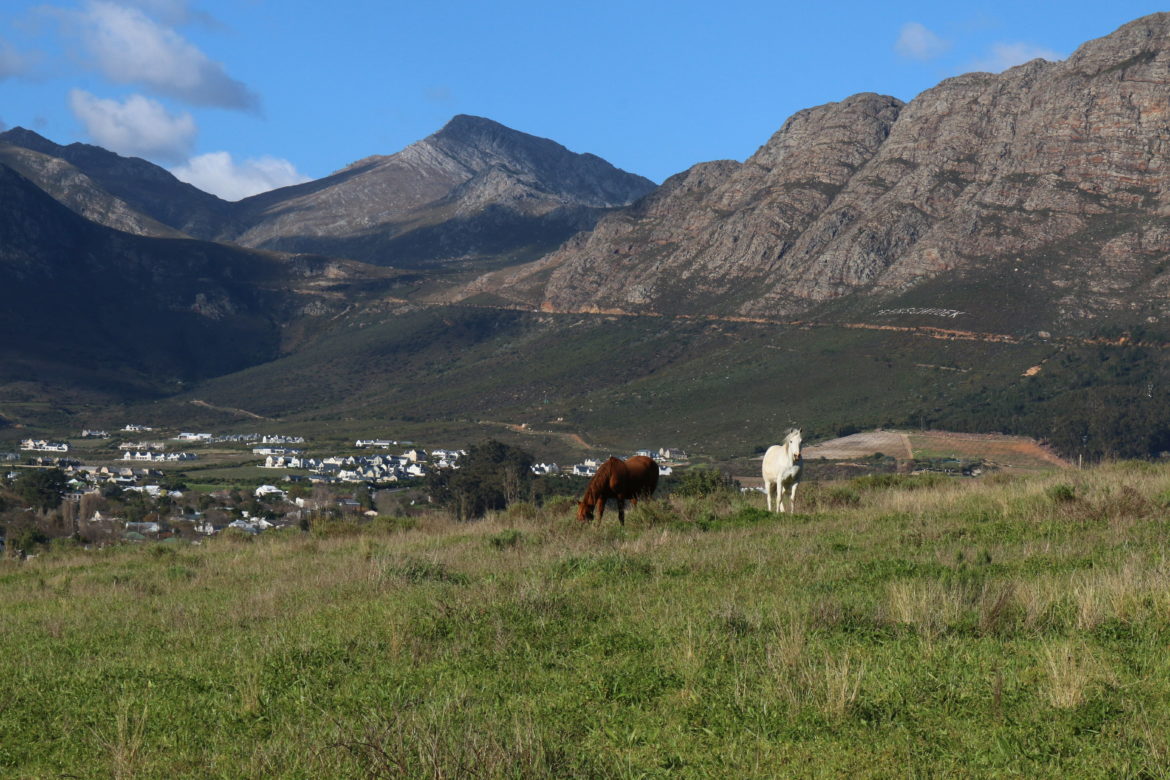Producing wine for over 400 years, Franschhoek is a historical wine valley in South Africa’s Paarl region. Learn about the soil in Franschhoek, the climate, the grape varieties and terroir in our Fast Facts & Terroir Essentials feature with this guide to the Franschhoek wine region.
[mepr-hide if=”rule: 2080″]
.
This content is exclusive for Members. Take a look at the introductory packages below to become a Member of 80 Harvests and get unrestricted access to all our content.
Thank you for supporting the journey and being part of the 80 Harvests community!
[mepr-group-price-boxes group_id=”2070″]
[/mepr-hide]
[mepr-show if=”rule: 2080″]
SUBSCRIBERS
Where is Franschhoek’s wine valley anyway?
In the Western Cape of South Africa, Franschhoek is in the southeastern part of the Paarl wine region, approximately 80km from Cape Town and 50km from the coast (False Bay).
History of Franschhoek wine region
Established in the 17th century as a wine region, Franschhoek was first planted with vines by the French settlers for whom it was named. Although it has been producing wine for over 300 years, it was only officially recognised as a wine region by South Africa’s Wines of Origin Scheme in 2010 – and it is a sub-region of Paarl. In fact, many of the producers within Franschhoek actually source their fruit from outside the valley.
Topography of Franschhoek wine region & valley
A true valley, Franschhoek is snuggled between three mountain ranges – the Wemmershoek Mountains, the Groot Drakenstein Mountains and the Franschhoek Mountains – with the Berg River running through the middle of the valley.
The positioning of vines is particularly important, as the steep and tall mountains can provide shade for vineyards with certain exposures (which is usually a positive attribute because of the warm temperatures during the summer and throughout the growing season). Wind channels through the mountains also bring the vineyards at certain exposures a cooling afternoon or morning breeze, helping create a bigger diurnal temperature range.
Climate of Franschhoek wine region
The surrounding mountains protect Franschhoek from strong maritime influences, giving it a warm and protected Mediterranean climate.
- Summer Temperatures: The average summer temperature in Franschhoek is 22°C, with peaks of 28°C.
- Winter Temperatures: The average winter temperature in Franschhoek is 12°C with lows of 5°C.
- Rainfall: Annual rainfall is 850mm per year, usually in the winter months. However, there is a distinct rain pattern in Franschhoek between the highlands and mountains (which might receive up to 2000mm per year) and the lowest parts of the valley, which are protected by a rain shadow cast by the mountains (only receiving sometimes 400mm per year). Irrigation is essential for some of the free-draining soils (sandy sites especially).
Soils of Franschhoek wine region
Franschhoek’s soils are generally a mix of alluvial soils composed of sand, clay and some granite.

Grape Varieties in Franschhoek wine region
There are over 1,250 hectares under vine in Franschhoek and, while Franschhoek is best known for its red wine production, it does, in fact, have an almost equal split between red and white grape varieties:
- White grape varieties in Franschhoek (45% of total):
Sauvignon Blanc – 15%
Chardonnay – 15%
Sémillon – 7%
Chenin Blanc – 5%
Others - Red grape varieties in Franschhoek (55% of total):
Cabernet Sauvignon – 15%
Shiraz/Syrah – 15%
Merlot – 9%
Pinot Noir – 5%
Pinotage – 3%
Cabernet Franc – 3%
Others
[/mepr-show]

